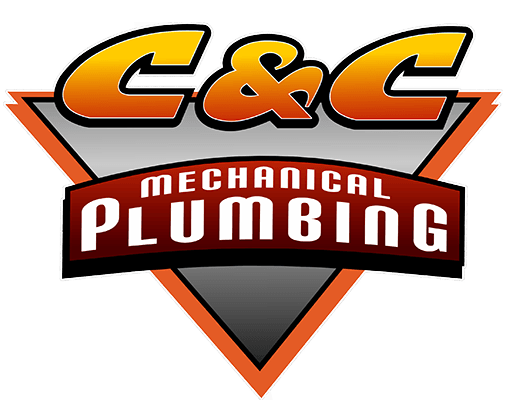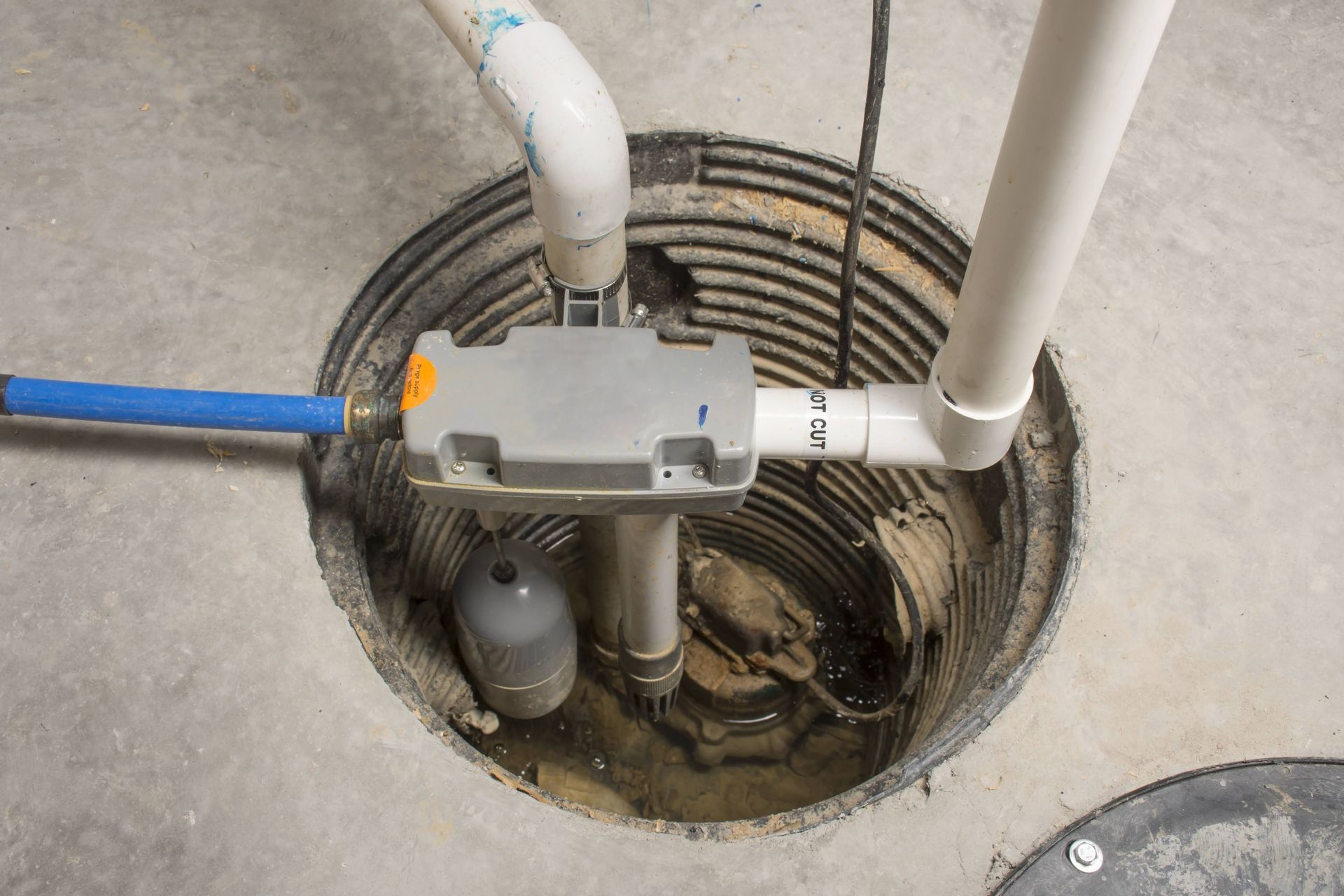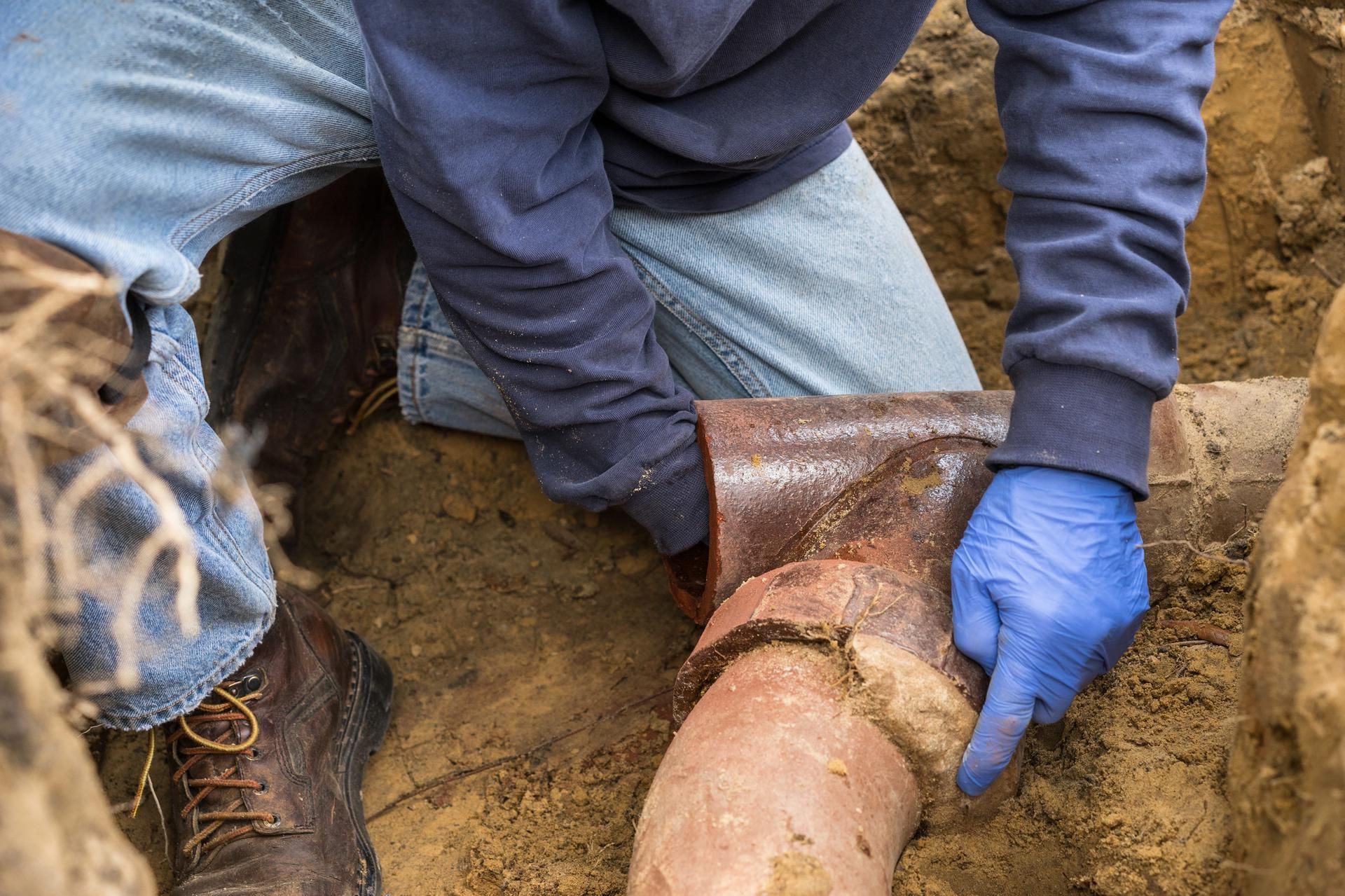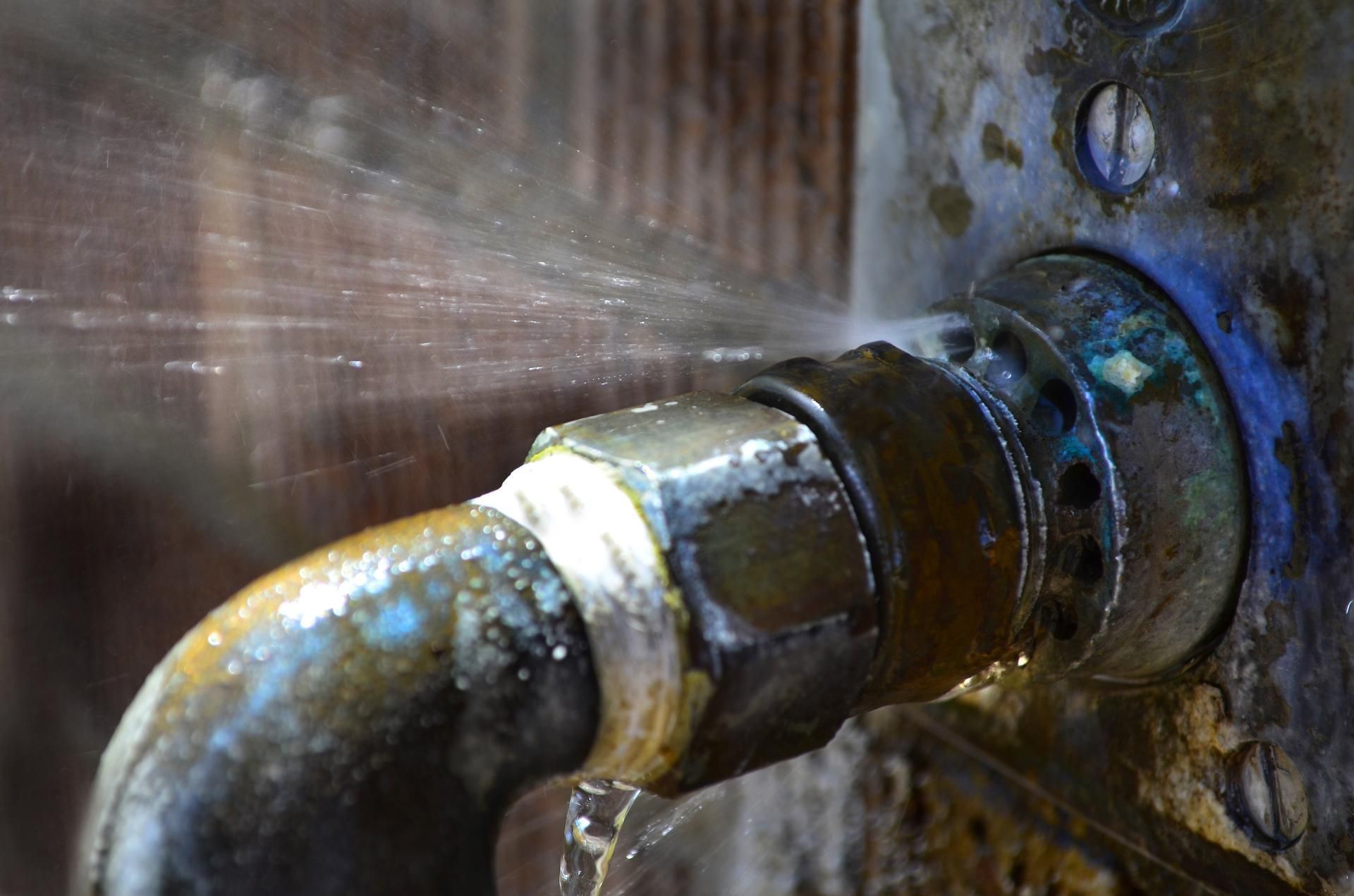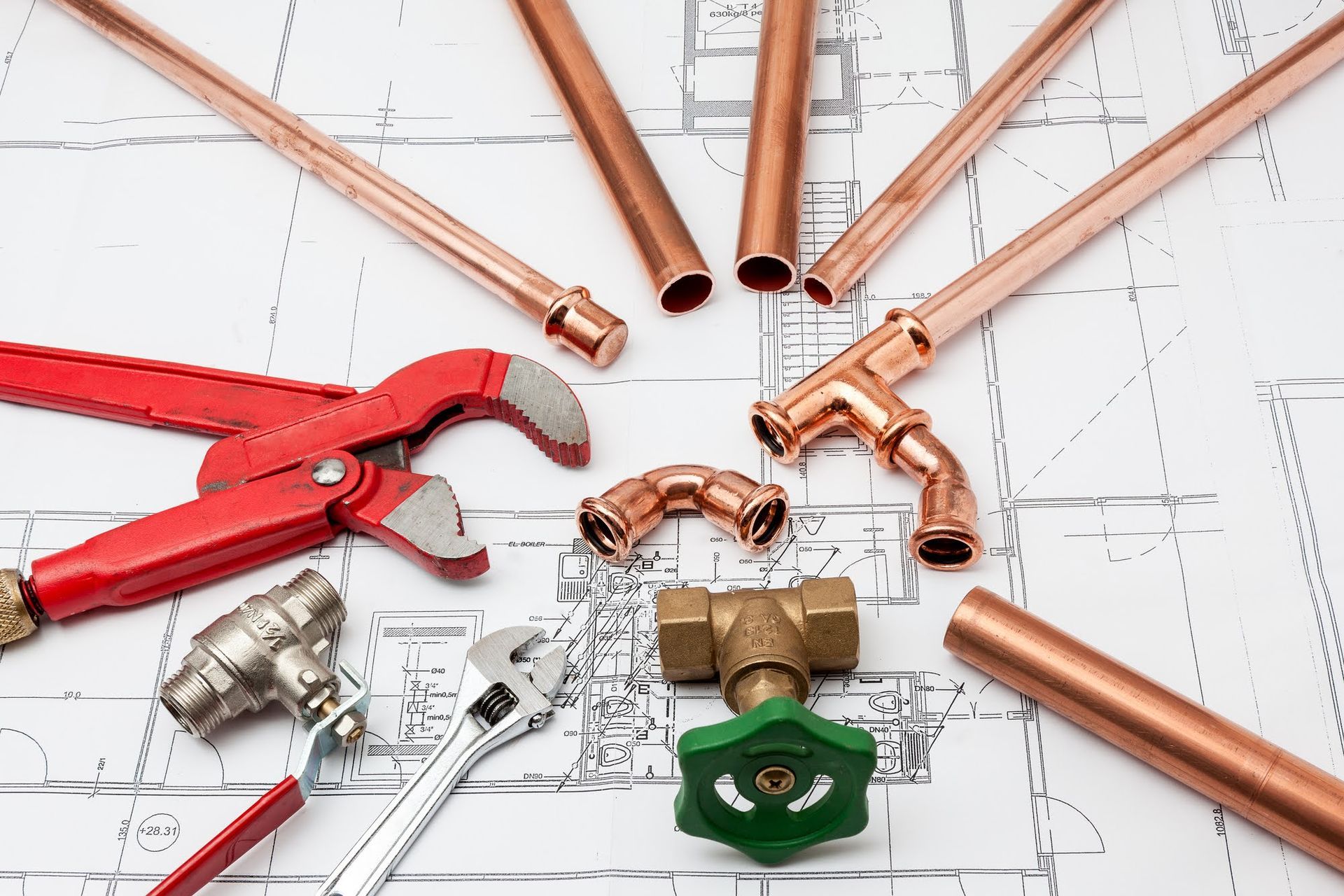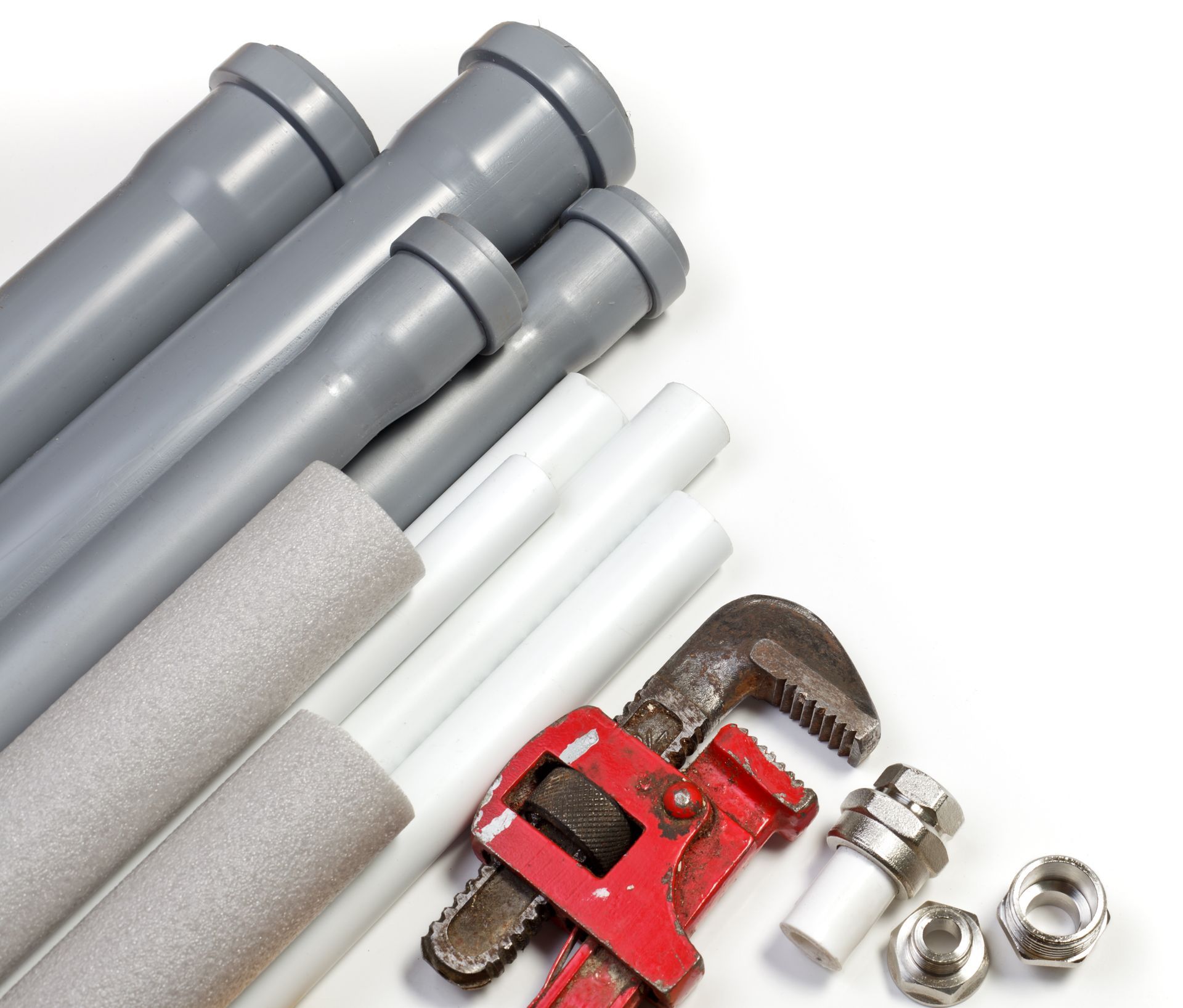License Number: 76673
Serving All Southern Maryland, Anne Arundel & Prince George's Counties
Tankless Vs. Tank Water Heaters: Which Is the Better Option?
The realm of home comfort and convenience has witnessed remarkable advancements, especially with the way we heat our water. With the advent of technology, the traditional tank water heater now shares the stage with its modern counterpart, the tankless water heater.
Both systems have their merits, offering unique benefits that cater to different lifestyles and preferences. The decision between the two hinges on a myriad of factors, from efficiency and space considerations to long-term cost savings. Learn more with this comparison between tankless and tank water heaters that exhibits their respective advantages and limitations.
Operation
Tankless water heaters, also referred to as on-demand water heaters, can provide heated water in a matter of minutes thanks to their high-powered burners and electrical or gas power sources.
This innovation eliminates the need for a water storage tank while still providing on-demand hot water to the household. Tankless water heaters are compact and wall-mounted, so they are ideal for homes with limited floor space.
However, tank water heaters need a lot of extra room since their water tanks are so enormous. To maintain a constant supply, these tanks routinely heat water with either fossil fuels, electricity, or propane.
When you switch or activate the hot water tap, it fills the storage container with cold water from the bottom up to offer an uninterrupted supply of hot water that flows to the top. This process causes standby heat loss, the heat wasted by the water heater when it stops actively heating water.
Cost
Compared to tankless models, storage tank heaters are often less expensive. The cost of a storage tank water heater may vary depending on its size, brand, warranty, fuel type, and length of coverage.
The initial investment in a tankless water heater, especially for a whole-house unit, is higher than that of a storage tank water heater. The most cost-effective solution is to install a tankless water heater at each individual fixture, like the sink, tub, or shower.
The upfront cost of installing a storage tank water heater is typically lower than that of tankless water heaters. The effort required to set up a tankless water heater is substantially higher than that of a traditional water heater and will require more technical expertise and tools.
Energy Efficiency
Due to a significant reduction in standby heat loss, tankless water heaters are less energy-intensive than their storage tank counterparts. In contrast to traditional water heaters, tankless models solely heat water as it is required, so they only use energy while in use. Thus, tankless water heaters save money in the long run since they never waste power maintaining hot water.
Durability
In comparison to tank water heaters, tankless models are the most long-lasting option due to their extended lifespan of 20 years or more. Routinely swapping the anode rods increases the service life of a storage heater, as they hinder rust and corrosion. However, tankless water heaters have a longer lifespan and need less upkeep.
Performance
The tank capacity of a tank water heater is the most important consideration when matching a water heater to a household's hot water needs and square footage. A tank water heater can reliably produce hot water at the required temperature of 120° F, making it ideal for households with numerous people doing laundry and dishwashing at the same time.
The average daily water usage of the family determines the size of a tankless water heater. You must also consider the flow rate (how much water must be running before the heater turns on) and the minimum temperature sensor. However, tankless units may be overwhelmed by excessive demand. Adding extra units to meet demand or setting up a unit at the point of demand are both viable options.
Contact us at C & C Mechanical Plumbing for water heater inspections and installations in Southern Maryland.
Serving Charles, St. Mary’s, Anne Arundel, Calvert & Prince George’s Counties
Regardless of what your plumbing emergency needs are C&C Mechanical Plumbing & Drain Cleaning are here to help. We urge you to learn more about our business and find out why we are your best option for exceptional plumbing services.
JOIN OUR MAILING LIST
Please fill out the form below.
Contact Us
We will get back to you as soon as possible.
Please try again later.
BROWSE OUR WEBSITE
CONTACT INFORMATION
Tel: (301) 812-1385
Address: 2755 Chesapeake Beach Rd W, Dunkirk MD 20754, USA
License Number: 76673
BUSINESS HOURS
- Mon - Fri
- -
- Sat - Sun
- Closed
Limited after-Hours Service Available:
Call for Details






